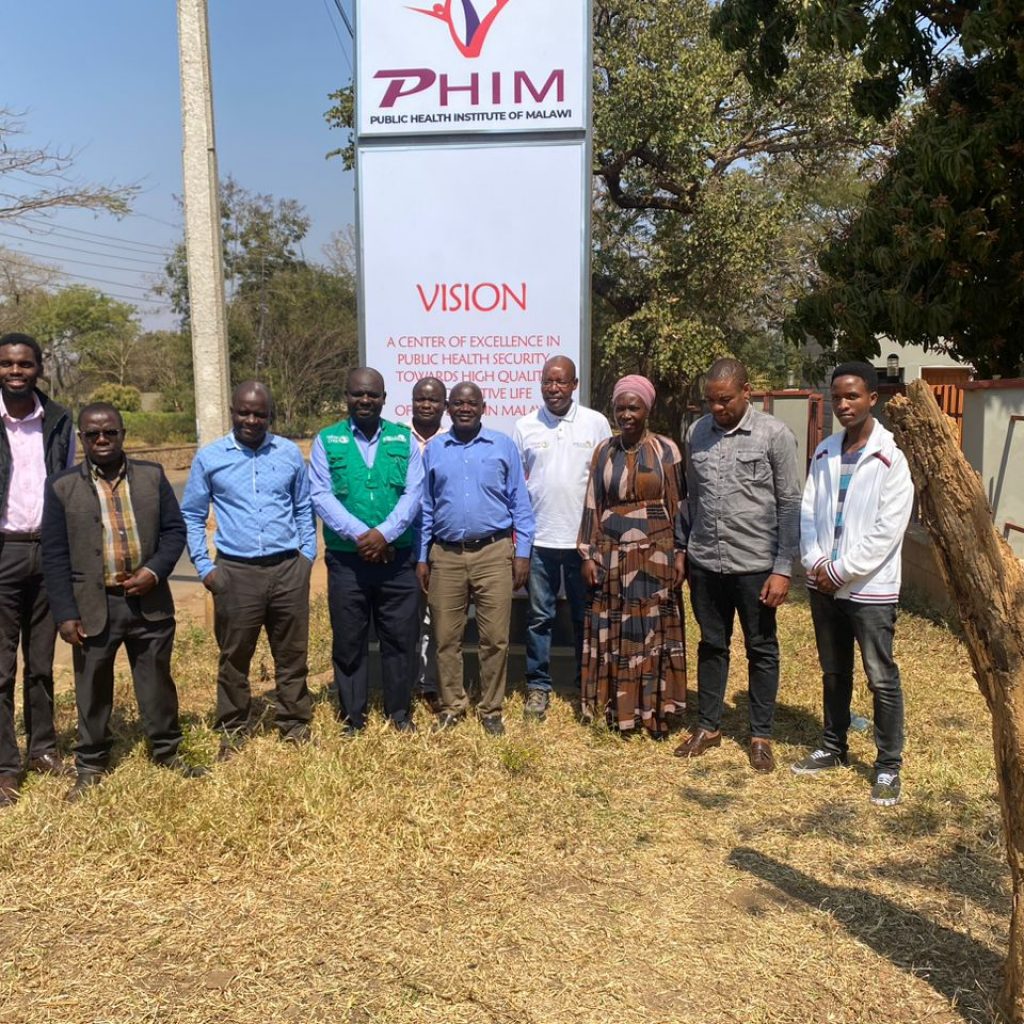
The Africa Centre of Disease and Control (Africa CDC) Pathogen Genomics Initiative ( PGI) is implementing the Cholera Genomics (CholGEN) project. CholGen project is a single consortium with a steering committee composed of John Hopkins University (JHU), Africa CDC, and the Bill & Melinda Gates Foundation (BMGF).
This collaboration between JHU and the Africa CDC aims to leverage existing laboratories and epidemiologists in seven African countries (Nigeria, Democratic Republic of the Congo, Mozambique, Cameroon, Malawi, Zambia and Uganda) to utilize Cholera genomic data for public health
decision-making and improve the understanding of the molecular epidemiology of cholera in
Africa.
CholGen project mainly has three objectives; to understand the molecular epidemiology of
cholera in Malawi to inform decision-making, determine key drivers of cholera and other
waterborne diseases transmission in Malawi and strengthen cross-border cholera surveillance
including data sharing.
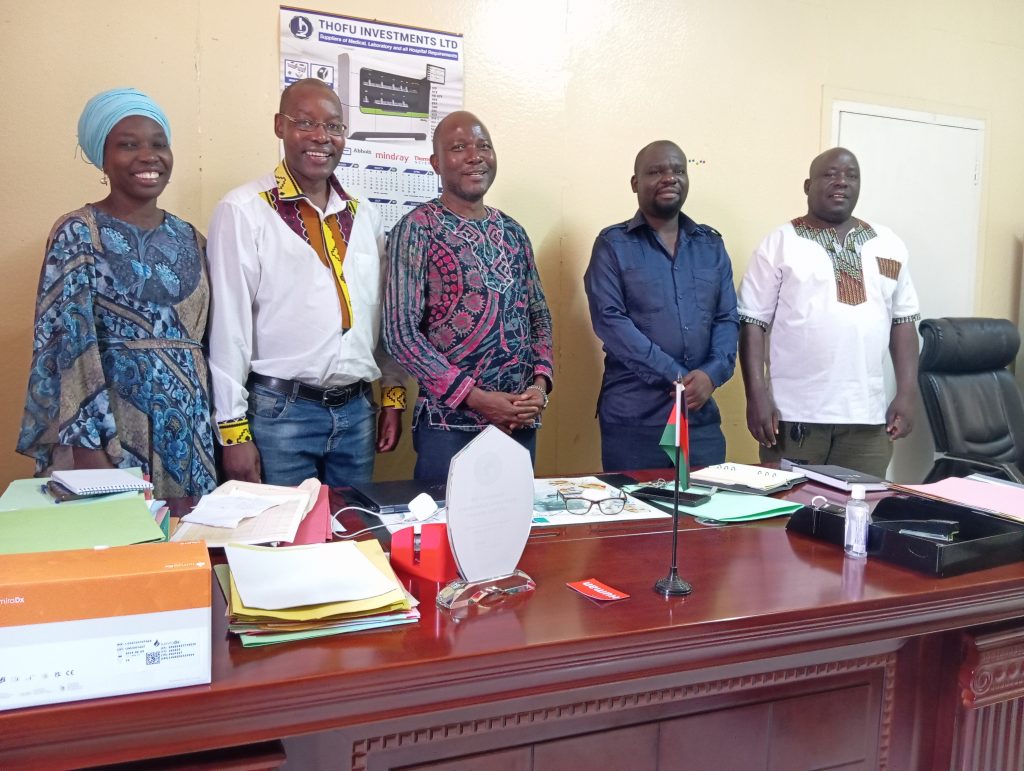
faced by the CholGEN project.
The team meet the Director and two Deputy Directors of PHIM responsible for
Laboratory and Research. The Deputy Director, on his remarks, appreciated the support Africa
CDC is rendering to Malawi in terms of trainings, equipment and supplies through the
CholGen project. He promised that NPHRL will ensure that genomics in Malawi is growing
to the requirement of giving answers needed to the health problems. He lamented “the lack of
space for a genomics laboratory as the major problem affecting the growth of genomics”, he emphasized that “It is his dream to see PHIM have a state-of-the-art genomics laboratory that meets international standards and, can accommodate high throughput equipment.”
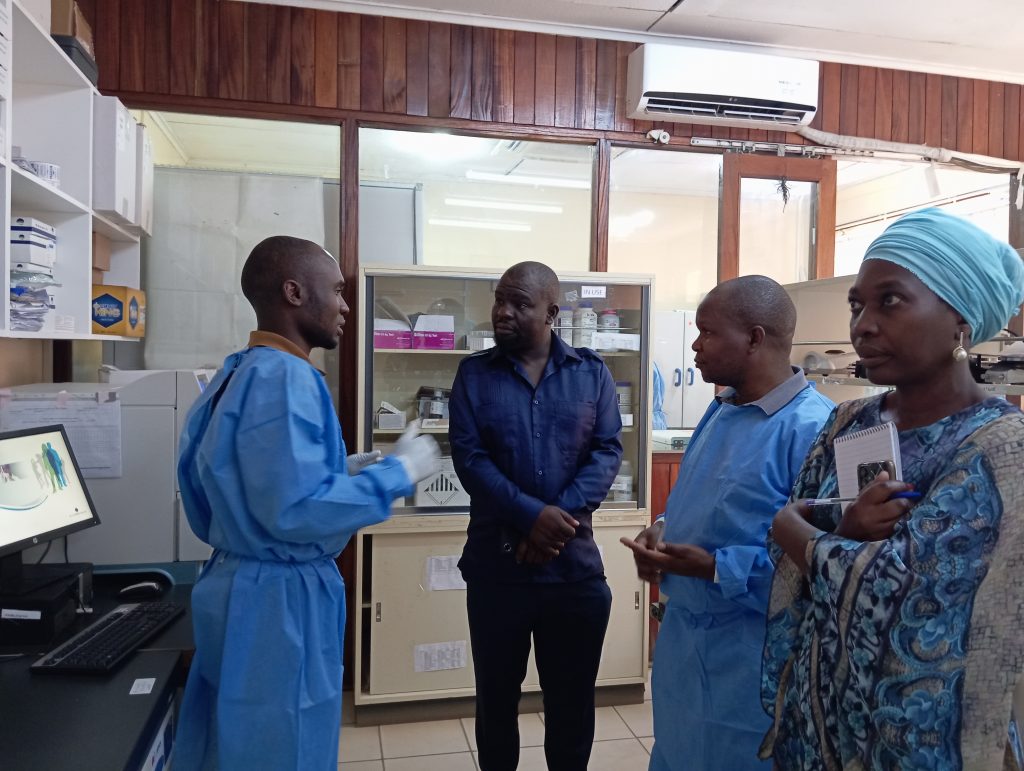
Dr. Mirriam Nyenje the head of the National Genomics Sequencing Laboratory (NGSRL) in
Malawi also added to the lamentation for the need for space that resulted in other machines
allocated to other departments outside the NGSRL. She further thanked the Africa CDC for
the support and gave a promise that she would work hard to see the NGSRL become a centre
of excellence despite the lack of space. She cited Tuberculosis genomics as a low-hanging fruit to be the centre of excellence then Malaria and other pathogens.
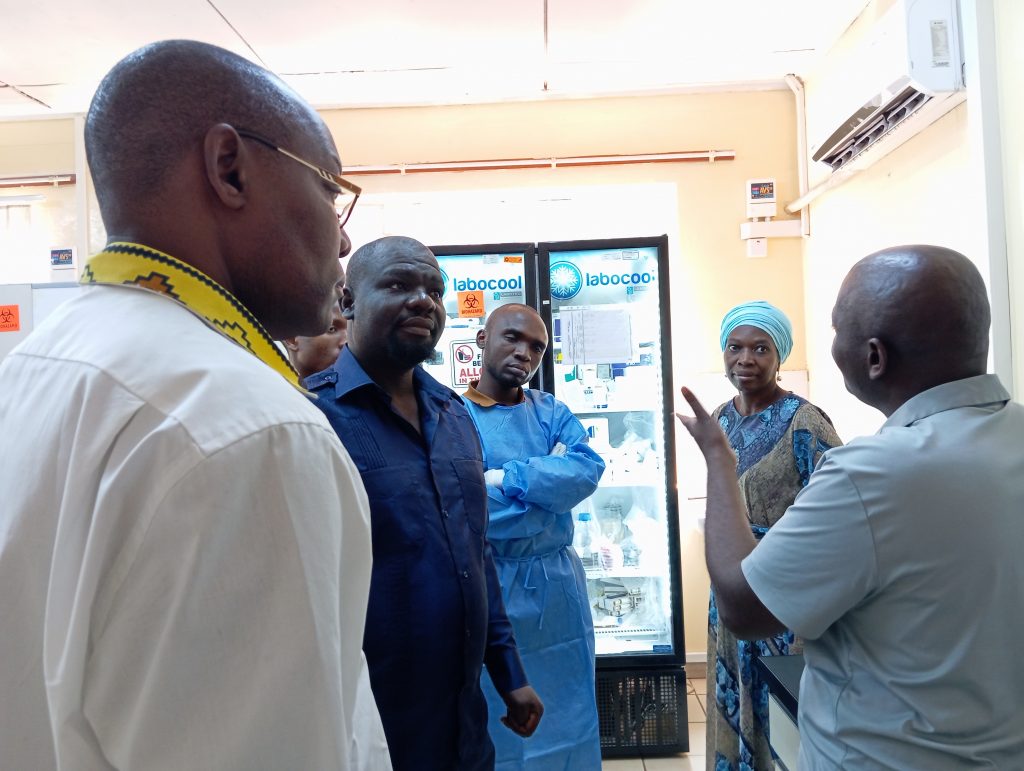
Mr. Francis Chikuse, leader of the delegation added that the PGI is also looking into Malaria genomics though it is not easy and cheap, but it is very good for surveillance. He pointed to
talking with PHIM to discuss the possibility of having genomics for Malaria which is crucial
for the African region.
He said “The spectrum of human pathogens and the infectious diseases they cause is continuously
changing through evolution, selection and changes in the way human populations interact
with their environment and each other, therefore there is a need to understand molecular
epidemiology surveillance of cholera strains circulating in the country. These will include
sequencing of vibrio strains to study the virulence genes, the factors that support its survival
in the environment in hot spots and phylogenetic inferences.”
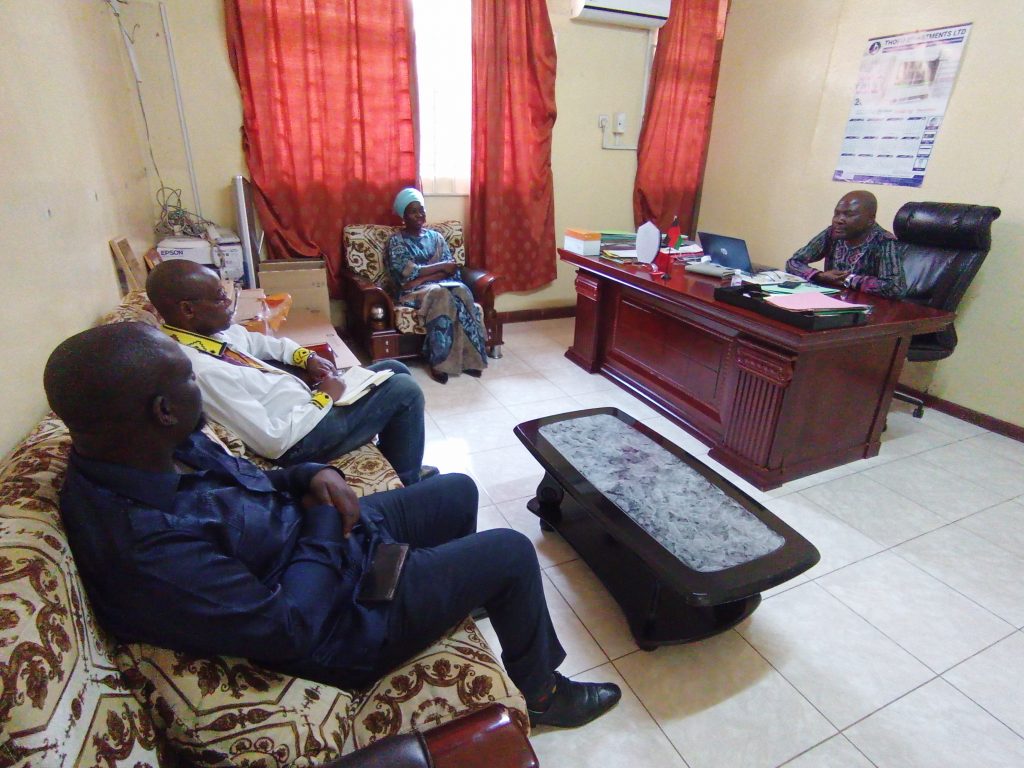
Cholera and other diseases know no borders as such pathogens can be transmitted across
geographical borders through movements of humans, animals and goods during an outbreak. Malawi, Mozambique, Zambia and Tanzania have some level of cross-border agreements.
This project aims to operationalize/ strengthen these agreements.
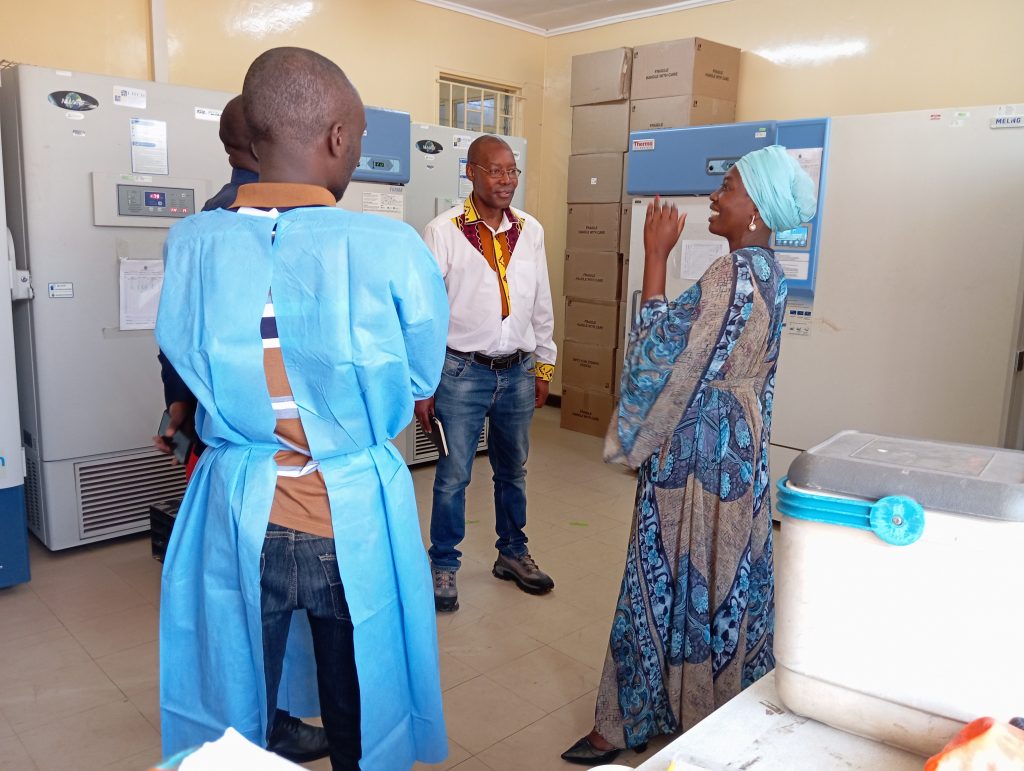
There is a need to strengthen border surveillance systems with its neighbours and develop a Memorandum of Understanding (MOU) on data and sample sharing. There is also a need to build the capacity of Port of Entry staff on specialized training on surveillance of public health pathogens
knowledge sharing and regional coordination.

I was recommended this website by my cousin I am not sure whether this post is written by him as nobody else know such detailed about my trouble You are amazing Thanks